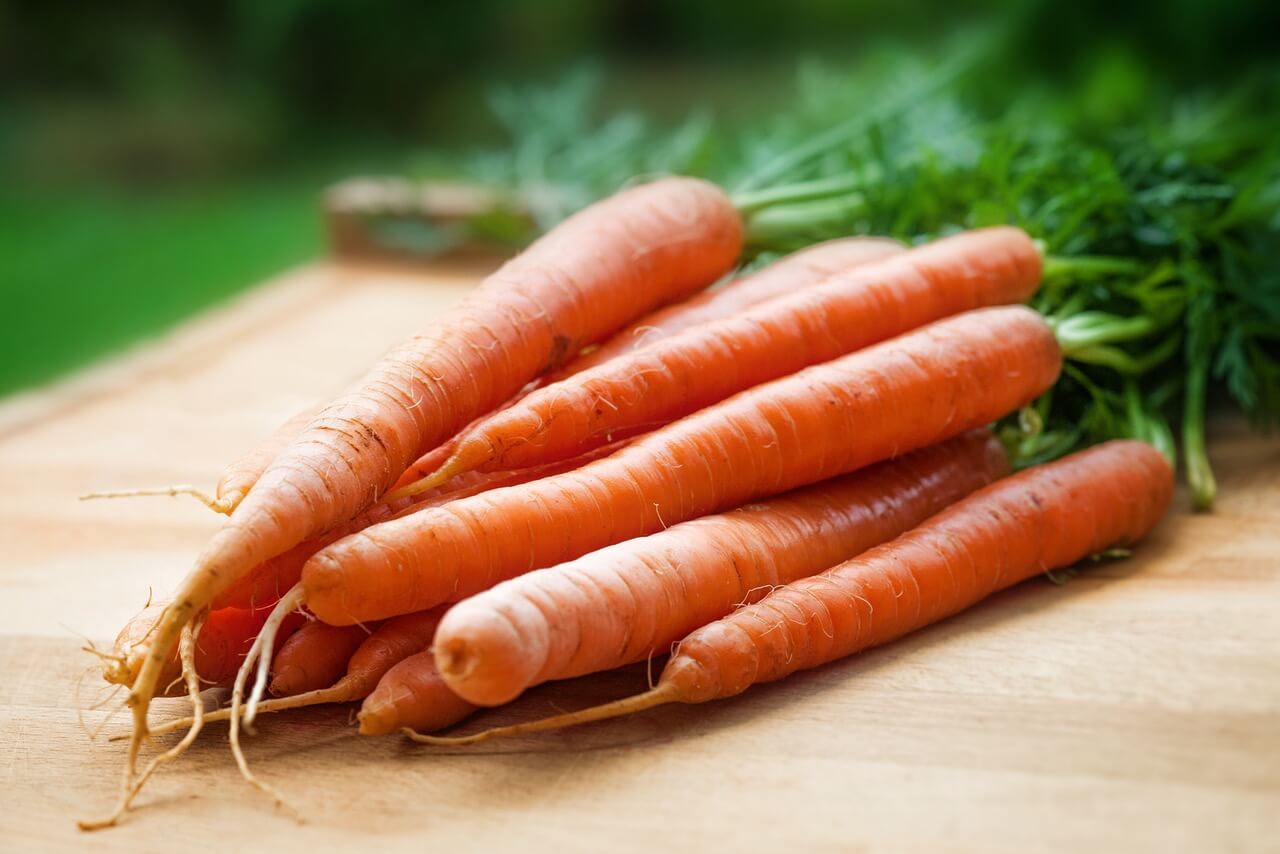A recent study published in the Journal of the Academy of Nutrition and Dietetics has found that the amount and type of animal protein people consume may have marked effects on their total nutrient intake, and may also have significant influence when it comes to obesity and chronic diseases. (Rizzo, December 2013)
This NIH/NIFA funded study took a look at the data of over 70,000 participants in the U. S. and Canada collected between 2002 and 2007, and categorized them into one of five groups depending on the type and amount of animal protein they consumed on a regular basis:
- Non-vegetarians – consumed some meat (red meat, poultry, fish) at least once a week
- Semi-vegetarians – consumed dairy and eggs, and some meat, poultry, fish at least once a month, but less than once a week
- Pesco vegetarians – consumed fish at least once a month, but red meat and poultry less than once a month; no restrictions on dairy or eggs.
- Lacto-ovo vegetarians – consumed red meat, poultry, and fish less than once a month; no restrictions on dairy or eggs.
- Strict vegetarians – consumed red meat, poultry, fish, dairy, and eggs less than once a month or not at all.
Once the subjects were categorized by their dietary restrictions, the researchers adjusted for age, sex, race, and physical activity, then reviewed each subject’s BMI, based on weight and height, and nutrient intake, based on Food Frequency Questionnaires and 24-hour recalls.
This is what they found:
Nonvegetarians
- Had the highest average BMI, at around 28.7, and the highest proportion of obese subjects at 33.3%. A BMI of 25 or higher indicates obesity.
- Had the highest consumption of protein from animal sources, the lowest consumption of fiber and plant-based proteins, and the lowest levels of antioxidants.
Semi-vegetarians
- tended to have the lowest total calorie intake per day
- Consumed highest amount of protein from dairy sources; higher even than lacto-ovo vegetarians.
Pesco vegetarians
- Had the highest intakes of vitamin B-12, vitamin D, Omega-3 fatty acids, and vitamin E.
Strict vegetarians
- had the lowest average BMI (24.0) and the lowest incidence of obesity (9.4%)
- Had the lowest intake of saturated fats, trans fats, and arachidonic acid (an inflammatory substance found in animal products), calcium, and iron.
- Had the highest consumption of fiber, soy protein, vitamin C, folate, beta carotene, and vitamin E.
Both lacto-ovo and strict vegetarians reported very low intake of docosahexaenoic acid (DHA), an essential Omega-3 fatty acid, with zero intake reported by 50% of the participants in these groups. DHA is tough to come by if you don’t eat meat. The best vegetarian source comes from specific forms of algae, and must be taken as a nutritional supplement. These two groups also tended to have low intakes of vitamin D and vitamin B12. Vitamin D can be produced in the body via daily exposure to sunlight if you live in a year-round sunny locale with little air pollution, have lighter colored skin (light brown to white), and go without sunblock for 10-30 min of your time outdoors. You can also seek vitamin D in the form of supplements from vegetarian sources (lanolin) or vegan sources (lichen.)
Try our Vegan DHA
Our Vegan DHA is sourced from algae and encapsulated in a vegan softgel, perfect for special diets.*


